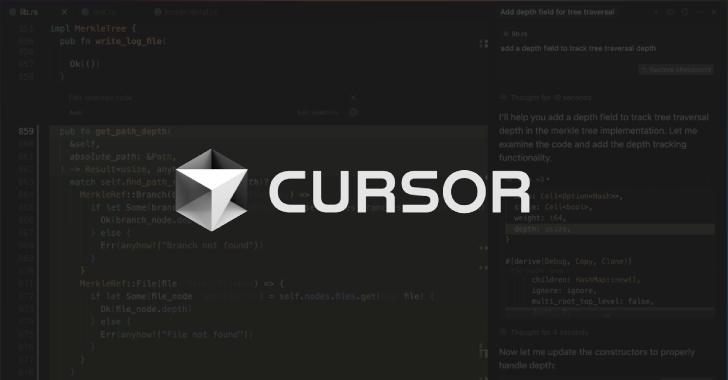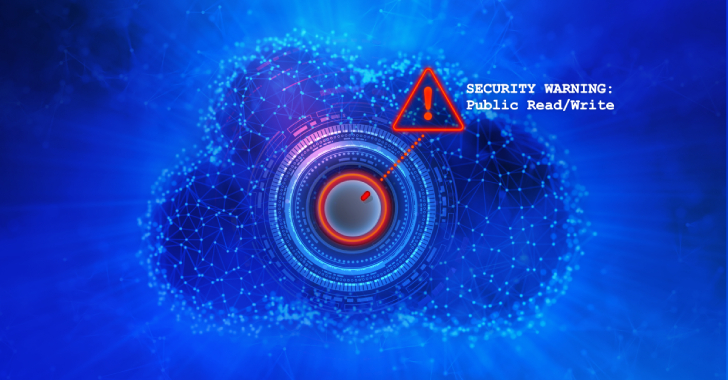
Modern Cyber Policy Management for Decentralized Systems
The allure of decentralized systems—blockchains, peer-to-peer networks, and other distributed technologies—cannot be overstated. They promise transparency, reduced middlemen, enhanced security, and a redefined approach to value transfer. But as with any emerging technology, these systems come with their own set of challenges. One of the most pressing: How do you enforce and manage cyber policies across a network with no central point of authority?
The Landscape of Decentralization
Decentralized systems vary in structure, but their commonality lies in their absence of central control points. Unlike traditional centralized networks, where policies can be enforced with relative ease through a main authority or server, decentralized systems rely on a consensus mechanism—collective agreement among network participants.
Imagine the challenges of setting curfew times in a large family. In a small family with a singular authority figure, the rule can be set and enforced easily. However, in a bigger family with multiple heads and opinions, reaching an agreement requires negotiation, consensus, and decentralized decision-making.
The Need for Effective Policy Management
The digital realm of decentralized systems needs structure and rules to function coherently, similar to our large family analogy. This is where cyber policy management becomes crucial. These policies encompass rules about data handling, access controls, privacy measures, transaction verifications, and more. Without effective policy management, the potential for misuse, fraud, and security breaches increases significantly.
Strategies for Cyber Policy Management in Decentralized Systems
- Smart Contracts
Prominent in blockchain environments, smart contracts are self-executing contracts with terms directly written into code. By design, they ensure that certain conditions are met before a transaction is completed. This automates and enforces policy adherence, limiting the room for manual errors or deliberate misconduct.
- Decentralized Identity Verification
The traditional approach to identity verification relies on central authorities like banks or governments. In a decentralized setting, trust frameworks are being developed where users can control their identity data. Systems like Decentralized Identifiers (DIDs) offer a way to verify oneself without a central authority, ensuring that cyber policies related to user verification are adhered to without compromising personal data.
- Consensus Mechanisms
Mechanisms like Proof of Work (PoW) or Proof of Stake (PoS) are not just for transaction validation but also play a part in policy management. By ensuring that a majority of the network agrees to a certain version of the ledger, they indirectly enforce the rules coded into the system.
- Open-Source Development
Open-source models enable collective scrutiny of code and policies. When thousands of eyes evaluate a system, vulnerabilities get noticed and fixed more efficiently. The transparent nature of open-source means policies are not just dictated but collaboratively crafted and refined.
- Layered Security Protocols
Decentralized systems can use multi-layered security protocols to enhance their defense mechanisms. By segregating duties and implementing layered checks, unauthorized activities or policy breaches can be detected and mitigated more swiftly.
- Continuous Audits and Monitoring
Constant surveillance is essential. Employing automated tools and bots that continuously monitor network activity can assist in identifying and rectifying anomalies. By maintaining a watchful eye, systems can enforce policies proactively and reactively.
Embracing Adaptability
What’s becoming increasingly clear is that no one-size-fits-all solution exists for policy management in decentralized systems. Instead, the focus should be on adaptability. As these systems evolve, so should the policies and the mechanisms that enforce them.
The Human Element
While automation, smart contracts, and consensus mechanisms form the backbone of cyber policy management, the human element can’t be ignored. Effective policy management requires a synergy between automated systems and the people who use, monitor, and refine them. After all, policies are meant to serve and protect the community, and who better to contribute to their evolution than the community itself?
Conclusion
The brave new world of decentralized systems holds immense promise, but like any frontier, it needs its set of rules and frameworks. Modern cyber policy management for these systems is not just about drafting rules but ensuring they are adhered to, evolved, and improved upon. The blend of technology and community input is crucial in forging a secure and transparent decentralized future.
Contact Cyber Defense Advisors to learn more about our Cyber Policy Management solutions.





